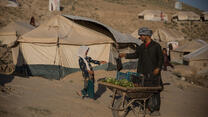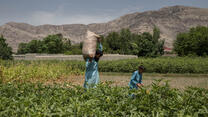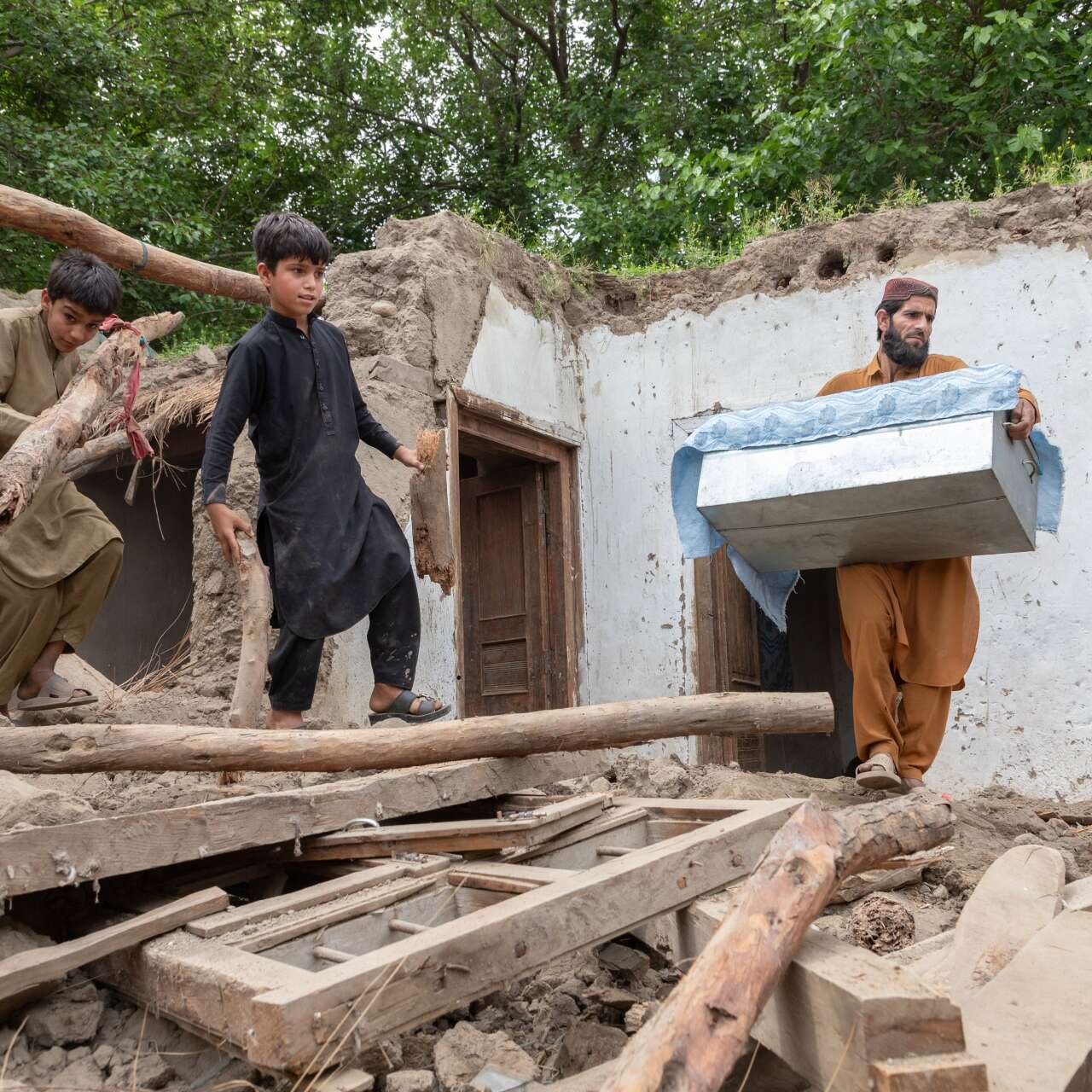
Three years after the Taliban became the de facto authority of Afghanistan, millions of Afghans are enduring one of the world’s most severe and complex humanitarian crises. Families are trapped in cycles of poverty, displacement and despair.
International support for Afghans is waning, despite immense needs. Now more than ever sustained global engagement and humanitarian aid are needed to prevent further catastrophe.
Without this vital support, Afghanistan risks becoming a forgotten crisis.
What is happening in Afghanistan?
More than 23 million people—over half of Afghanistan’s population—are in urgent need of humanitarian assistance. Women and children are the most affected, accounting for 25% and 52% of the total needs, respectively.
The country’s economic instability, exacerbated by decades of conflict, climate shocks and political upheaval, has plunged millions into poverty, with unemployment rates doubling over the past year.
Approximately 12.4 million Afghans face acute food insecurity as the country reels from its worst drought in 27 years. Any further deterioration of Afghanistan’s food crisis could leave over half a million malnourished children deprived of lifesaving nutrition. Mothers are also disproportionately affected, as they typically are the last to eat and eat the least.
As of June 2024, more than 6.3 million Afghans were experiencing protracted displacement, many of whom lack security and access to basic services. Families, especially those headed by women, are being forced to make agonizing decisions to survive, including relocating their families within the country, joining informal settlements, undertaking treacherous journeys across borders and sending children to work.
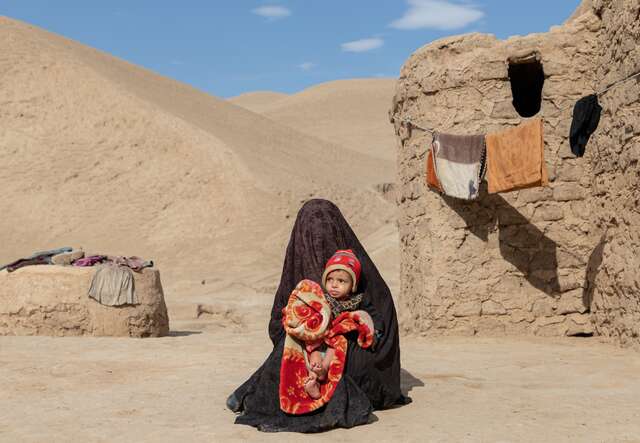
Why does Afghanistan need international support?
Before the 2021 change in government, foreign assistance financed over half of Afghanistan’s public spending. However, a majority of foreign assistance, including all official development assistance, was suspended following the change of government, sending Afghanistan into an economic freefall.
As of August 2024, the Afghanistan Humanitarian Needs and Response Plan had received just 25% of its necessary funding. This decline in support is severely impacting the delivery of humanitarian services—this year alone, 343 mobile health teams, more than half of all teams across the country, have been forced to shut down.
Afghans urgently need humanitarian assistance to meet their immediate needs and developmental assistance to address the root causes of crisis in the country.
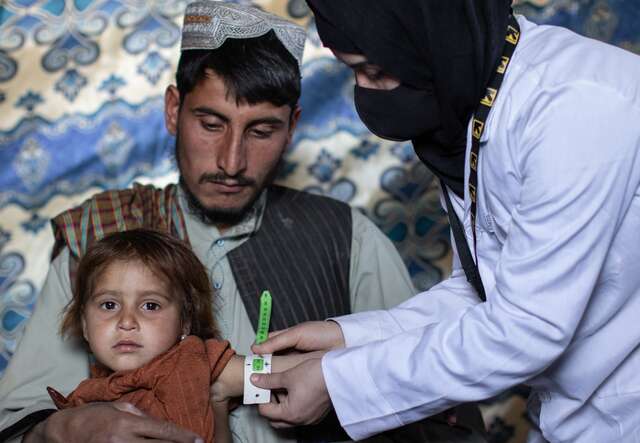
How can world leaders alleviate suffering in Afghanistan?
To alleviate humanitarian suffering in Afghanistan, the international community must fully fund the Afghanistan Humanitarian Needs and Response Plan and increase support for Afghan civil society organizations, particularly women-led and women’s rights organizations.
Leaders should also scale up diplomatic and humanitarian engagement with Afghanistan’s de facto authorities while simultaneously pushing the Taliban to comply with international human rights standards, including obligations towards all genders.
Restoring the flow of developmental aid to Afghanistan is a critical first step to addressing the root causes of poverty. Donors should prioritize funding programs that build resilient communities, reduce poverty, and address the specific needs of women and girls.
Learn more about how the international community can support Afghans affected by crisis.
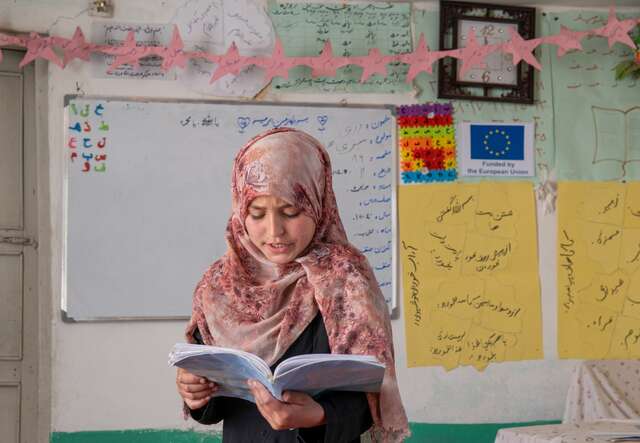
How is the IRC supporting Afghans affected by crisis?
The IRC has been providing critical humanitarian support in Afghanistan since 1988 and is currently one of the largest providers of aid in the country.
In 2023, the IRC in Afghanistan met a wide array of humanitarian needs, serving nearly 2 million clients with health services, over 250,000 with economic recovery and development aid, and almost 200,000 through educational programs.
The IRC’s environmental programming reached close to 500,000 individuals, while family support services were extended to nearly 100,000 Afghans. Additionally, our emergency response efforts assisted almost 250,000 clients across the country.
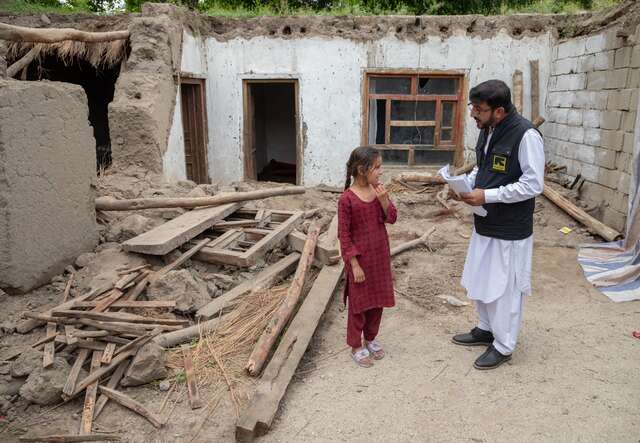
How can I support Afghans?
Support the IRC as we deliver critical support in Afghanistan and in more than 40 countries around the world.
Learn more about the crisis in Afghanistan and what you can do to help.
